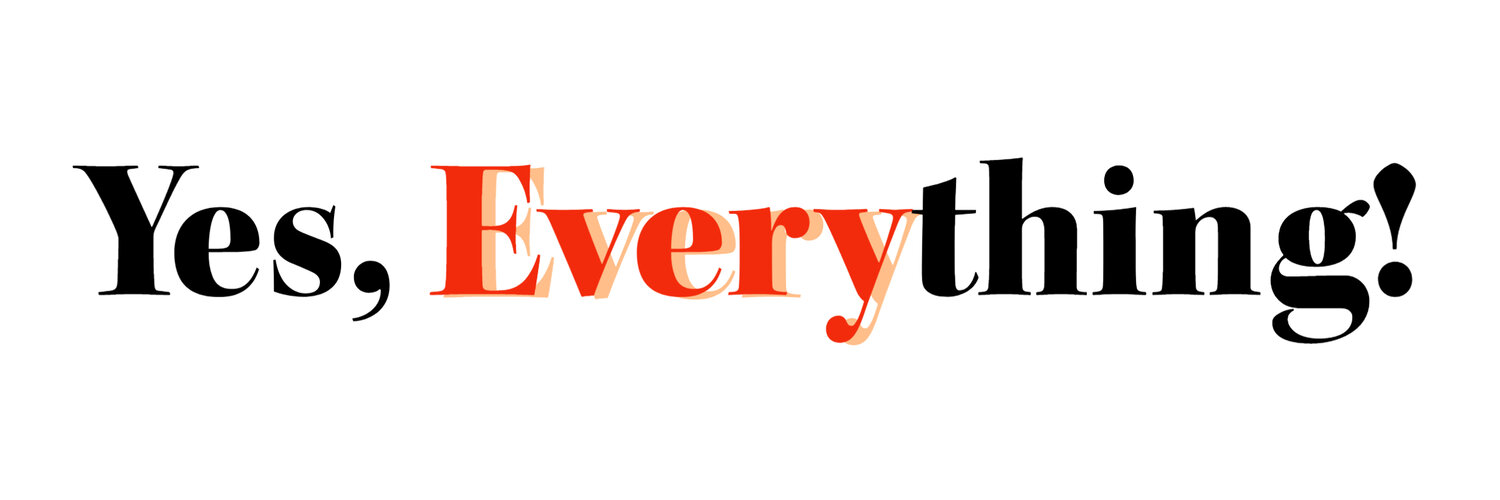Charges dropped against man accused of waving Palestinian group’s flag
Toronto police suggest hate crimes against Jewish people are rampant, but laid only one related charge between October and early February
Crown prosecutors have withdrawn the charge of public incitement of hatred against a man accused of waving a flag of the Popular Front for the Liberation of Palestine (PFLP) during a pro-Palestine demonstration in Toronto. The Crown said it lacked enough evidence for a reasonable prospect of convicting the man, who is not being named here to protect his privacy.
Shane Martínez, the lawyer for the man, said in court that according to the Crown's prosecution manual, hate motivated offenders single out a victim based on their characteristics. According to Martínez, police could not establish how waving a flag displayed hatred against any group or person, or made a breach of the peace likely.
Martínez said that in charging his client, the police conflated Jewish identity, which they suggest was targeted by the flag, with the state of Israel, and also conflated opposition to the state of Israel with antisemitism. He also argued that police didn't demonstrate how displaying the PFLP flag harmed anyone.
Toronto police chief Myron Demkiw addressed the charge in January, and noted that for hate-motivated offences, “the law requires a very high threshold to lay charges under these provisions. This is an unprecedented charge.” The withdrawal comes amidst questions about police rhetoric on hate crimes in Toronto.
In recent months, Demkiw has warned of rising antisemitism in Toronto, and has redeployed significant police resources to the hate crimes unit. It was expanded from six members before October 2023 to 32 members in the weeks following the October 7 attacks in Israel by Hamas. Since then police have laid dozens of hate-motivated charges, but almost none of them allege a violation of Canada’s hate propaganda laws.
The criminal code sets out four areas of hate propaganda, known more commonly as hate crimes: wilful promotion of hatred, wilful promotion of antisemitism, advocating genocide, and public incitement of hatred. Of the 137 charges laid by the Hate crimes unit between October and early February, the now-withdrawn flag charge was the only one that related to hate propaganda, specifically wilful incitement of hatred.
Other charges the hate crimes unit laid during that period suggest an offence may have been motivated by hatred or bias, and should therefore carry a heavier sentence upon a conviction. For example, many recent hate-motivated charges relate to the vandalism of an Indigo bookstore in November. Police claim 11 people who allegedly threw paint and stuck posters on the store windows were motivated by hatred. However, police charged the 11 people with mischief and criminal harassment, not with any hate propaganda offences.
Adding to the lack of clarity, police have frequently reported a spike in “hate-motivated incidents,” which are non-criminal acts reported by the public. Those who perceive expressions of Palestinian solidarity as threats or crimes can report them to police, and it isn’t clear how the cops classify these reports. The tendency of Demkiw and other police officials to conflate “reported hate crimes” with actual hate propaganda charges and sentencing considerations has likely inflamed public sentiment and fears.
In a Tweet from January 2024, the Centre for Israel and Jewish Affairs (CIJA) argues that a pro-Palestinian slogan amounts to hate. Police classification of such contentious claims can shape public fears and perceptions
“The numbers deserve serious scrutiny,” said Martínez in an interview. “We need complete transparency about how police classify these crimes, how intake happens, and what the parameters are for classifying incidents in a particular way. We also need to know who is training the police.”
Even as the Crown withdrew the charge, prosecutor Patrick Clement said others could be charged by police for displaying the PFLP flag in the future. Justice of the Peace Robert Shawyer seemed surprised by the prosecutor’s statement. The PFLP is listed as a terrorist entity by the government of Canada. However, courts have repeatedly defended the displaying of symbols in Canada under the provisions of freedom of expression in the Charter of Rights and Freedoms.
“Hate-motivated offences are a reality in Toronto,” Martínez said. However, the highly questionable conduct of the Hate Crimes Unit undermines public confidence in the ability of the police to keep the community safe.” He also shifted focus back to the mass mobilizations against Israel’s ongoing siege of Gaza in Palestine. “The situation in Gaza is dire, it demands all of our attention, and our collective humanity depends upon us speaking out against the genocide unfolding before us,” said Martínez.
For feedback, questions, or tips email yeseverythingCA@gmail.com



